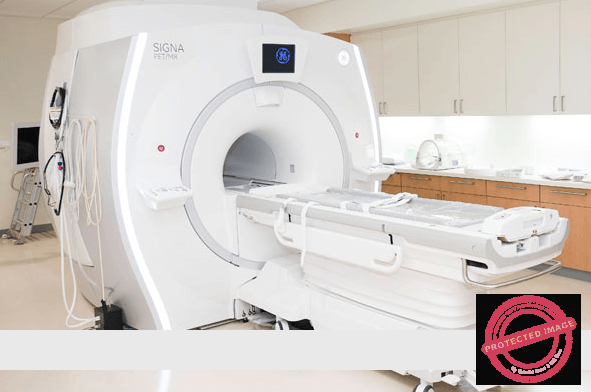Kidney-related diseases have become a pressing health concern in Nigeria, with potentially devastating consequences for affected individuals. Kidney dialysis emerges as a vital treatment method, performing essential functions when the patient’s own kidneys can no longer suffice. In this post, we delve into the costs and core aspects of kidney dialysis in Nigeria.
Cost of Dialysis in Nigeria
The prevalence of kidney issues in Nigeria has led to a surge in demand for kidney dialysis. Various healthcare facilities now offer this procedure, but determining precise costs can be challenging. On average, a session of kidney dialysis in Nigeria ranges from N20,000 to N30,000, totaling N80,000 to N120,000 per week based on session frequency. This averages out to approximately N340,000 to N400,000 per month.
Several factors influence the cost of kidney dialysis, including the choice of hospital or clinic. Private hospitals typically charge higher fees, sometimes exceeding N50,000 per session. Additionally, location plays a role, with dialysis being more expensive in certain areas like Lagos and Abuja compared to other parts of the country.
Who Requires Dialysis?
Dialysis becomes imperative when a patient’s kidney disease reaches a critical stage, where their kidneys no longer adequately function to stabilize the body. This decision is often prompted by symptoms or lab results indicating elevated levels of waste in the blood. Symptoms of kidney failure may include nausea, fatigue, swelling, and persistent vomiting.
The timing for initiating dialysis depends on factors such as the patient’s age, overall health, energy levels, lab test results indicating kidney damage, and the patient’s commitment to a treatment plan. While dialysis significantly improves quality of life and longevity, it demands a substantial time commitment.
How Dialysis Operates
There are various types of dialysis, all serving the same purpose. In hemodialysis, the patient reclines in a chair, and a technician places two needles in the patient’s arm, where the fistula or graft is located. The dialysis machine extracts the patient’s blood, sending it through a dialyzer that functions like a kidney, removing excess salt, waste, and fluid. The purified blood is then returned to the patient’s body through the second needle.
Hemodialysis can be administered in hospitals, specialized dialysis centers, or even at home. Each session typically lasts between 3 to 5 hours and may occur up to three times a week, depending on the severity of the kidney disease. Home-based dialysis might be more frequent, up to 6 to 7 days a week, for critical cases. This option offers greater comfort and allows patients to relax during the process.
What to Expect During Dialysis
Patients often wonder about the discomfort associated with kidney dialysis. While the procedure itself shouldn’t be painful, it’s crucial to inform your doctor if you experience any discomfort. Some patients may encounter side effects, including low blood pressure, nausea, dry and itchy skin, vomiting, muscle cramps, or fatigue.
Managing diet plays a pivotal role in mitigating these side effects. Patients should be mindful of their food intake, paying attention to fluid, protein, and salt consumption. Consulting your doctor for guidance on these aspects, as well as avoiding kidney-harming habits like alcohol and smoking, is crucial.
In conclusion
kidney dialysis is a crucial lifeline for individuals battling severe kidney diseases. Understanding its costs and the process itself can provide valuable insights for patients and their families. By prioritizing proper care and treatment, those affected by kidney issues in Nigeria can work towards a healthier future.

